Forgotten Warriors
MODERN WAR STUDIES
Theodore A. Wilson
General Editor
Raymond A. Callahan
Jacob W. Kipp
Allan R. Millett
Carol Reardon
Dennis Showalter
David R. Stone
James H. Willbanks
Series Editors
Forgotten Warriors
The 1st Provisional Marine
Brigade, the Corps Ethos,
and the Korean War
T. X. Hammes
 University Press of Kansas
University Press of Kansas
2010 by the University Press of Kansas
All rights reserved
Published by the University Press of Kansas (Lawrence, Kansas 66045), which was organized by the Kansas Board of Regents and is operated and funded by Emporia State University, Fort Hays State University, Kansas State University, Pittsburg State University, the University of Kansas, and Wichita State University
Library of Congress Cataloging-in-Publication Data
Hammes, Thomas X.
Forgotten warriors : the 1st Provisional Marine Brigade, the corps ethos, and the
Korean War / T. X. Hammes.
p. cm. (Modern war studies)
Includes bibliographical references and index.
ISBN 978-0-7006-1892-7 (pbk. : acid-free paper)
ISBN 978-0-7006-2621-2 (ebook)
1. Korean War, 19501953Regimental historiesUnited States. 2. United States. Marine Corps. Provisional Marine Brigade, 1st. 3. Korean War, 19501953CampaignsKorea (South)Pusan Region. I. Title.
DS919.H353 2010
951.904'245dc222010009289
British Library Cataloguing-in-Publication Data is available.
Printed in the United States of America
10 9 8 7 6 5 4 3
The paper used in this publication is recycled and contains 30 percent postconsumer waste. It is acid free and meets the minimum requirements of the American National Standard for Permanence of Paper for Printed Library Materials Z39.48-1992.
To Janet for her patience and support while I pursued
this story of the U.S. Marine Corps
and
to the marines of Korea,
who added so much to our corpss legacy
Contents
Preface
In 1987 Clay Blair wrote a history of the Korean War titled The Forgotten War: America in Korea, 19501953. He noted that the war was long, difficult, bloody, and largely ignored by historians and the American public. Although Blairs contention that the conflict in Korea was a forgotten war was true at the time, since 1987 there has been a series of new works, including a rash of books, articles, and monographs published for the fiftieth anniversary of that war in 2000. Perhaps the Korean War can no longer claim to be a forgotten one. However, the early phase of the campaign, the long retreat down the peninsula and the defense of the Pusan Perimeter, remains overlooked even in the new literature. This critical phase is often dealt with in a single chapter. The two best-known commercial books written about the Pusan Perimeter vary greatly in quality. Edwin Hoyts The Pusan Perimeter (1984) suffers from being based almost entirely on secondary sources that Hoyt apparently made little effort to verify. Fortunately, in 1996 Uzal W. Ent, a veteran of the 27th Infantrys actions in the perimeter, published a detailed history titled Fighting on the Brink: Defense of the Pusan Perimeter, based on extensive research and interviews with survivors. In 2000 Terry Addison published The Battle for Pusan: A Memoir. He wrote this account during the fall and winter of 19501951 while recovering from wounds received during his service as a forward observer with the 8th Artillery Battalion assigned to the 27th Infantry Regiment in the perimeter. Addisons account is an exceptional first-person account of the 1st Battalion, 27th Infantrys actions in the perimeter. The 27th Infantry is widely regarded as the most combat-effective U.S. Army unit in the perimeter.
Yet, despite the recent surge in interest in Korea, there are only two books that study the role of the 1st Provisional Marine Brigade in the fight for the Pusan Perimeter. The first, published in 1953, is the corpss official history, U.S. Marine Operations in Korea, Volume 1: The Pusan Perimeter. The second, The Darkest Summer, published in 2009, provides a band of brothers history of the fighting in the perimeter as well as in the Pusan-Seoul campaign. Although these histories cover the brigades combat actions in detail, even they dont give full credit to its remarkable accomplishments or to the corps as a whole in maintaining combat readiness during the lean years of 19461950.
As its name implies, the brigade was not a standing organization. Over a week after the North Koreans invaded South Korea, the brigade was hastily assembled in California from the woefully understrength 1st Marine Division and 1st Marine Air Wing. Shipping out only six days after activation, the brigade entered combat four days after its arrival in Korea. Despite the hasty formation and long sea voyage, the brigade quickly defeated each North Korean attack it faced; for the first time in the perimeter, a U.S. unit drove the North Koreans back in disarray. What combination of factors allowed the brigade to succeed so dramatically despite the enormous obstacles it faced?
Over the years a number of authors have partially addressed this issue as part of longer works on the Korean War. Writing in 1982, Joseph C. Goulden noted the brigades intensive training, unit cohesion, and physical fitness:
The Marines had several inherent advantages over the army. They had been in combat training in the United States; they arrived in cohesive units in which officers and men had served together for months (not hours, as was the case with many jerry-built army companies); they insisted on controlling their own air support, in coordinated actions based upon years of experience. Further, given the corpss stress on arduous physical training for every man, regardless of his assignment, the Marines arrived in Korea in far better condition than their army counterparts.
In 1985 Donald Knox compiled a wide range of individual oral histories. In analyzing the brigade, he noted the exceptional combat experience of the brigades officers and noncommissioned officers (NCOs): What the brigade lacked in numbers... it made up for in experience. Most of its officers and two out of three NCOs were veterans of the tough island fighting of the Second World War; company commanders and platoon leaders and squad leaders had been blooded at places like Peleliu, Guam, Bougainville, Iwo Jima and Okinawa.
In his popular and highly regarded book on the marines in Korea, The New Breed, published in 1989, Andrew Geer wrote, Ninety per cent of the officers of the new brigade had been in combat; sixty-five per cent of the senior NCOs had been in action against an enemy, but of the corporals and Pfc.s [privates first class], only ten per cent had ever been under enemy fire.
By 2000 the belief that the brigade had trained hard as a formed unit over the winter of 19491950 and been led almost exclusively by veterans of tough ground combat was firmly rooted in corps legend. In an article for Leatherneck magazine commemorating the fiftieth anniversary of the Korean War, Allan Bevilacqua, a retired marine major, wrote,
Save for those Marines hastily joined from posts and stations up and down the West Coast, the 5th Marines had been together at Camp Pendleton, Calif., for a year and more.... It may be that the Marine Corps never sent a better trained regiment to war.... Beyond that they had the added advantage of being led by officers and staff noncommissioned officers who were almost entirely veterans of the war against Japanmen who had fought battles as ferocious as anything on record in any war.


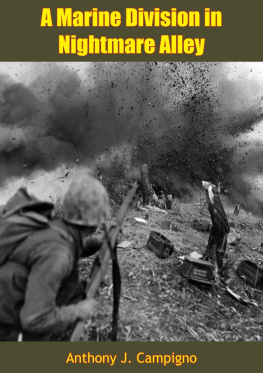
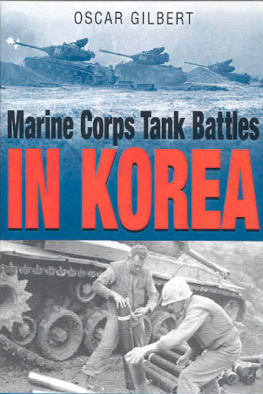
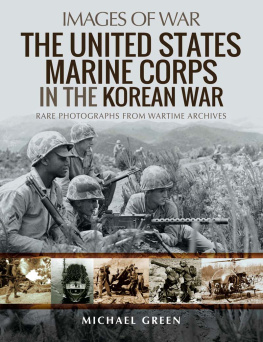
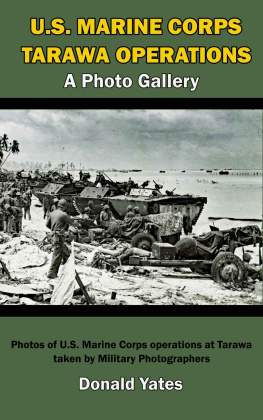
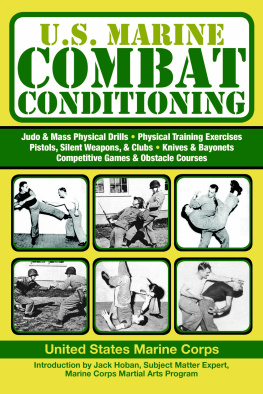
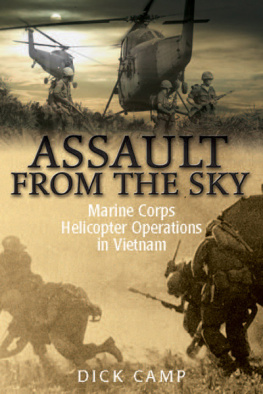
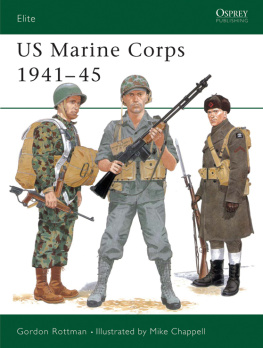
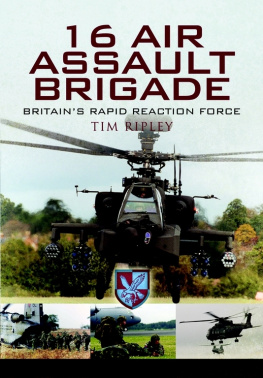
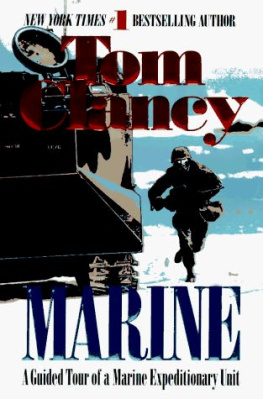
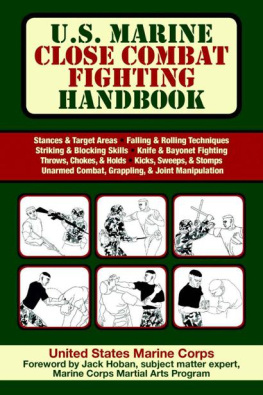
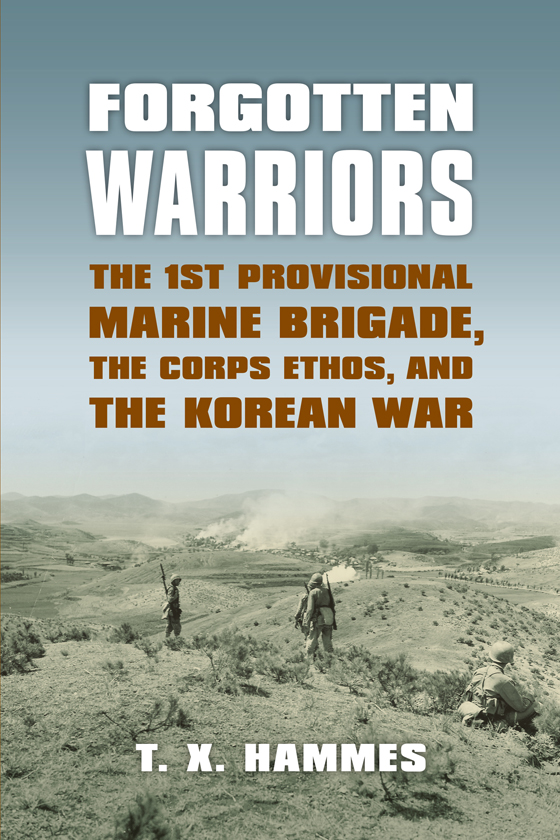
 University Press of Kansas
University Press of Kansas